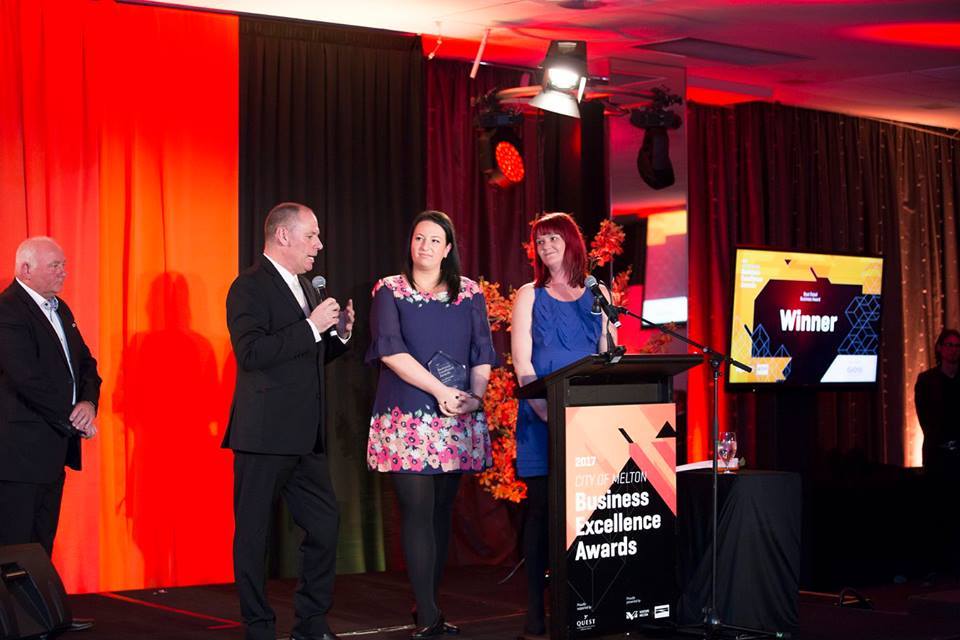The end of year holiday period can be a really tough time for children, adolescents, adults and families alike, with lots of change and unpredictable shifts in daily routines. The holidays can be particularly tricky for Autistic people. Many people with Autism have strong negative reactions to sensory input such as bright lights, loud noises and strong flavours and smells.
Well, we all know a lot of these things are happening over the end of year holiday period. I’m sure I’m not alone when I say that I myself get overwhelmed just walking through the shopping centre on my lunch break this time of year. Christmas trees, lights, carols, busy shops, lots of prams, noisy children, spruikers and Santa taking photos… it’s an endless bombardment of sensory input.
When facing difficulties like sensory processing related anxiety or meltdowns here are some strategies you can try to ease the stress and find ways to make happy memories for your holidays:
- Avoid the sensory challenges if possible. Do you really need to take your child to a busy Shopping Centre around Christmas time? If possible can you order Click and Collect or do some late night shopping when the kids are in bed?
- If you do need to take them to the shops with you, consider something like noise reduction headphones for kids who are sensitive to noise. Sunglasses or even a hoodie can be helpful strategies for those who struggle with visual overstimulation. Some kids might find fidgeting with a toy while at the shops helps them to cope with the busy environment.
- While beautiful flashing lights on a Christmas tree can be lots of fun, it isn't fun for people with sensory modulation issues who can be overwhelmed by flashing lights. Have a look at some other options for how to decorate your Christmas tree. We bet it will still look beautiful and bring joy, without the stress.
- Have a special holiday sensory box or bag that your child can wear to Christmas lunch or dinner. Fill it with some new fidgets, sound reducing headphones, or ear plugs as well as some other items that may help to calm them down such as colouring-in materials or bubbles.
- Think about routines. Can you place a simple calendar on your child's bedroom wall or the fridge that shows important events? Things like when school is ending, when a holiday program is happening, when Christmas dinner is happening with the family and when they are opening presents. This will help to give them a bit of a guided map as to what is happening each day over the holidays.
Finally, remember to take care of yourself. It's so easy to get busy with your children's needs and to forget about your own. That means you too need to put some strategies in place for yourself so you have a chance to experience the holiday time in a way that you will find enjoyable!
Happy holidays everyone - we hope they are calm and enjoyable for you all.
By Tarryn Dee, Occupational Therapist and Founder, My Diffability Australia
About the Author

Tarryn is a fun, knowledgeable and highly motivated Occupational Therapist with experience in providing therapy for children with sensory processing difficulties, fine and gross motor difficulties, attention and concentration difficulties, self-care skills including toilet training and fussy eating, as well as supporting families with positive behaviour management strategies.
Tarryn has worked extensively in paediatrics, including mainstream schools, special developmental schools and in private practice. She enjoys using a variety of specialised therapy models and programs to compliment her traditional therapy approaches with families, and it is through the combined use of these approaches that Tarryn achieves great outcomes for the children and families she works with. Tarryn enjoys witnessing the changes in children’s self-confidence, self-esteem and quality of life when they achieve their goals.






Leave a comment (all fields required)